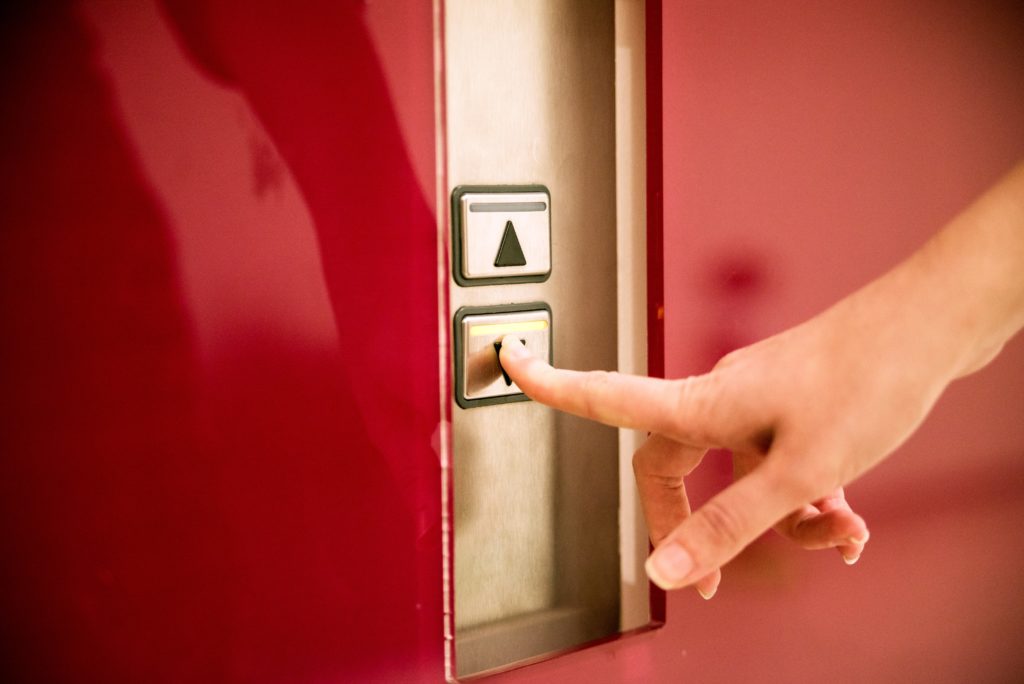
What Federal Regulations Say About Elevator Maintenance
How to keep elevators safe and up to code
Most probably don’t think about how many people step into elevators every day. But the answer is … a lot. Look at these statistics from a National Elevator Industry report:
• We travel 2.55 billion miles in elevators & escalators each year in the U.S.
• We take 18 billion trips on elevators per year
With all those passengers, it makes sense that there would be stringent standards in place in order to ensure safety. These laws outline how often inspections should be conducted and what areas of elevators should be included in each one. All nationwide laws governing elevator maintenance are set by the Occupational Safety and Health Administration (OSHA) and the American Society of Mechanical Engineers (ASME). In addition, most states and cities have additional standards and codes.
Here is an overview of the guidelines. You can find a complete breakdown of Federal Elevator Maintenance Standards at the OSHA website.
How often should inspections be conducted?
Let’s start with the basics of elevator maintenance. There is a strict schedule that you must follow in order to be in compliance and maintain an elevator’s permit. Remember, these are Federal standards. States and cities have additional rules:
• Periodic inspections are required, not exceeding 1 year between them
• Manlifts & equipment should be inspected every month
• A specialized elevator mechanic must clean, adjust, and lubricate the components that control operation and speed
• Thorough maintenance is required at least every six months, but if an elevator is used a lot, it may be done once a month
• Inspection records should be kept for at least a year and must be reviewed by State inspectors before a new permit is issued
Mechanical inspections
There are specific rules that spell out which elevator parts and equipment should be inspected.
• Test electrical equipment using pressure gauges, multi-meters, amp-meters, or other devices
• Test wiring, control boxes, electrical circuits, and operating controls
• Elevator speed should be checked and the emergency telephone tested to make sure it is working
Elevator operations
These inspections cover how the elevator operates, with an eye for anything that could endanger passengers:
• Door operations
• Floor-to-floor travel
• Acceleration and deceleration
• Emergency and safety equipment
Beyond the elevator
It’s not just the elevator that needs to be inspected. It’s also important to inspect elevator machine rooms:
• Make sure the machine room is self-closing and locking so unauthorized people cannot get in
Check that there is adequate lighting
• Make sure the room is not being used for storage, which could be a fire hazard
• Make sure the air conditioning is working properly
The Importance of Elevator Maintenance
Following the rules for elevator maintenance is important. Failure to comply could result in fines and broken equipment. Connections Elevator offers full-service maintenance, repairs and modernizations that comply with all Federal and local standards. Contact us today for a consultation.